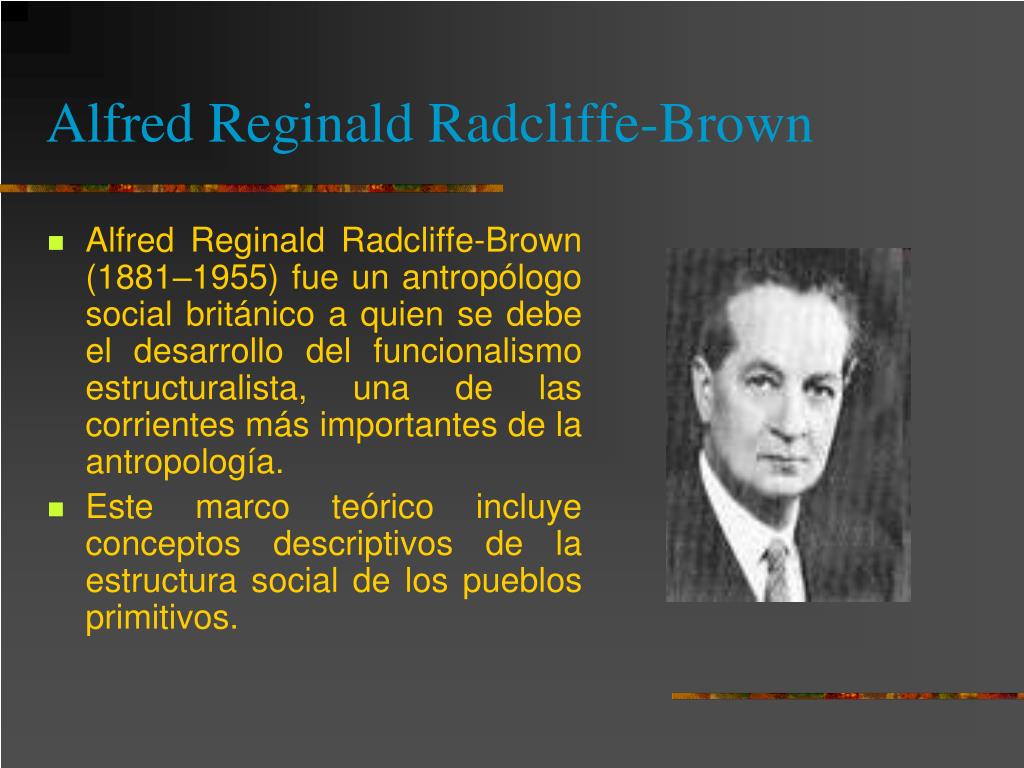

It contains an endless preoccupation with his health plus his longing for sex and his beloved E.R.M.


Many people felt that it should never have been published (25 years after his death) because a) it was private, b) it doesn’t show the scholar in a particularly good light and c) it isn't very enlightening on the process of research that made Malinowski famous. While he must have taken copious notes over the long period of his exile/research, he also wrote this diary. Malinowski became one of the founding fathers of modern anthropology, influencing generations of scholars. The work that he did on the lives and culture of the islanders allowed him to write many books, all of which became classics. He spent the entire war period there, with a visit back to Australia once. He was not interned, though an “enemy alien” and was in fact given funds to carry out his work in the Trobriand Islands, a small archipelago off the southeastern corner of the huge main island.

In 1914, at the age of 30, he was in Melbourne, Australia, planning a research expedition to Papua New Guinea, when WW I broke out. Of course, if you happen to be a giant in your chosen field and famous all around the world, you’d better think twice! Bronislaw Malinowski was born in the Polish part of Austria-Hungary and wound up as an anthropologist after a career switch in his twenties. If you’re going to write a diary of your most private thoughts, you’d better think about what’s going to happen to it after you die. " Similarly in 1987, James Clifford called it "a crucial document for the history of anthropology." In 1967, Clifford Geertz felt that the "gross, tiresome" diary revealed Malinowski as "a crabbed, self-preoccupied, hypochondriacal narcissist, whose fellow-feeling for the people he lived with was limited in the extreme." But in 1988, Geertz referred to the diary as a "backstage masterpiece of anthropology, our The Double Helix. He kept it, he said, "as a means of self-analysis." Reviews ranged from "it is to the discredit of all concerned that the diary has now been committed to print" to "fascinating reading." Twenty years have passed, and Raymond Firth suggests that the book has moved over to a more central place in the literature of anthropological reflection. Almost certainly never intended to be published, Malinowski's diary was intensely personal and brutally honest. Many anthropologists felt that the publication of the diary-which Raymond Firth describes as "this revealing, egocentric, obsessional document"-was a profound disservice to the memory of one of the giant figures in the history of anthropology. When it was first published (in 1967, posthumously), Bronislaw Malinowski's diary, covering the period of his fieldwork in 18 in New Guinea and the Trobriand Islands, set off a storm of controversy.


 0 kommentar(er)
0 kommentar(er)
